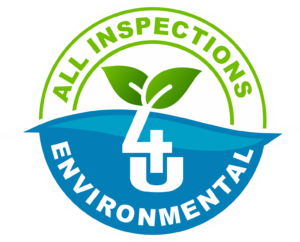
Elevation & Survey Certifications
What Is an Elevation Certificate Used For?
An elevation certificate is a document that measures your property’s susceptibility to flood damage and is one component used by your insurance agent to calculate your flood insurance premium. The certificate contributes to the calculation of your premium by estimating the likelihood that rising floodwaters will reach the lowest floor of your home. The document is issued by the NFIP, a federal flood insurance program that is managed by the Federal Emergency Management Administration (FEMA), and includes the following important information about your property.
- Location and flood zone: The NFIP has different zones designating your property’s level of flood risk.
- Building characteristics: Notable features of the property such as an attached garage
- Lowest floor elevation: The lowest floor of your property is typically the most vulnerable to flooding. Depending on your type of home, this may include your basement or garage, and it will be up to a professional surveyor to correctly assess the appropriate elevation based on FEMA guidelines.
Need a property Survey?
The amount of work required after making an offer on a home and actually moving in might be more than you think. For example, some homebuyers may need to get a property survey before they close on a new place.
Property surveys are done to determine or confirm land boundaries, such as the plot of land a home sits on, and identify other types of restrictions and conditions that apply to the legal description of a property.
Whether you’re buying a home or building an addition onto your property, you’re going to need a property survey
A property survey is all about defining what’s yours and what isn’t. Curtis Sumner, executive director of the National Society of Professional Surveyors (NSPS), says they’re done for many different reasons.
“Property surveys are performed for a number of reasons,” Sumner says.
He adds that surveys are used to establish boundaries when new parcels of land are being developed, as well as to identify and confirm already established land boundaries.
For example, if you’re considering putting up a fence on your property, you’ll need to know where your property line ends — and where your neighbor’s begins. That’s what a property survey helps you determine.
If you’re looking to buy a home, you might be required to get a survey, depending on where you live. Many lenders and title companies require a copy of a survey to close on a home, but they’re not mandatory everywhere.

Florida Inspections Unlimited
Weston, Florida


